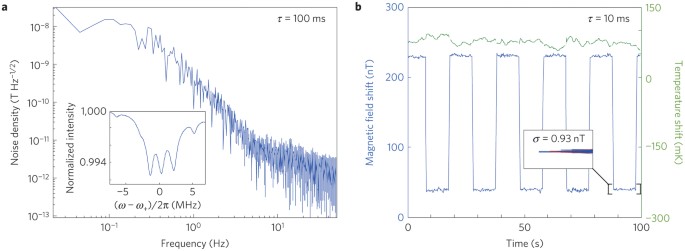
- Select a language for the TTS:
- UK English Female
- UK English Male
- US English Female
- US English Male
- Australian Female
- Australian Male
- Language selected: (auto detect) - EN
Play all audios:
Nearly all adults 50 and older report having dental services and pharmacies in their communities, with hospice, substance abuse, and obstetrics services less accessible. However, rural
residents 50 and older are less likely than their urban or suburban counterparts to report having pharmacies, specialty care, or obstetrics care in their communities. Getting a dental
appointment appears easy for most adults ages 50 and older. Roughly 6 in 10 can be seen by a dentist in two weeks or less after making the appointment. Similarly, most adults 50 and older
report scheduling a primary care visit and being seen quickly, yet some say they had to wait one month or longer. Being seen by a medical specialist appears most challenging, with a sizeable
minority in all locations needing to wait more than a month for their appointment. Notably, rural residents are roughly twice as likely as their urban or suburban counterparts to report not
making these types of medical appointments. Nearly 9 in 10 midlife and older adults say that a pharmacy is 10 minutes away (or less), but far fewer say the same about the other types of
medical facilities. About half say that an urgent care facility is 10 minutes away, while one-third say the same thing about a hospital or primary care facility. Only about one-fifth of
adults 50 and older say that a medical specialist is 10 minutes (or less) away from them. While there are no significant age group or gender differences in the length of time it would take,
in minutes, to travel to a pharmacy or to see a medical specialist, younger adults — those ages 50–64 — are more likely to say that urgent care facilities, hospitals, and primary care
facilities are close by, within 10 minutes or less. Additionally, rural residents are more likely than their urban or suburban counterparts to say it would take them a half hour or more to
reach urgent care facilities and medical specialists. METHODOLOGY These findings are based on a survey conducted in February 2025 among U.S. adults 50 and older to ascertain how long midlife
and older adults need to wait for medical appointments (from the time they made the appointment to the date of the appointment) as well as the travel time needed to get to a medical
facility for an appointment. The sample of 1,012 Americans 50 and older was based on data weighted to the latest Current Population Survey (CPS) benchmarks developed by the U.S. Census
Bureau and are balanced by gender, age, education, race/ethnicity, and region. The final weighted data reflect the U.S. population of adults age 50 and over. For more information, please
contact Teresa A. Keenan at [email protected]. For media inquiries, please contact External Relations at [email protected].








